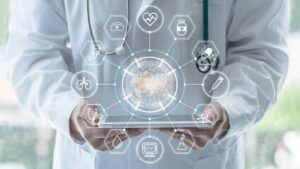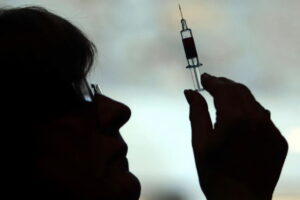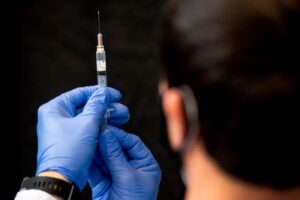
The future of healthcare through public health technology
The COVID-19 pandemic highlighted the many gaps in the American healthcare system, but perhaps one of the most apparent was the use of public health technology.
Showing 10 of 78 results

The COVID-19 pandemic highlighted the many gaps in the American healthcare system, but perhaps one of the most apparent was the use of public health technology.

Eli Lilly, one of the “big three” insulin producers, is cutting the price of its insulin by 70% and capping out-of-pocket monthly costs at $35 for those who use this lifesaving form of diabetes care.

The AAAS is the world’s largest “general scientific society” and publisher of perhaps the most widely recognized prestigious academic journal, Science Magazine.

Researchers found an association between higher levels of unemployment and those with long COVID-19, raising the question of how those living with long COVID-19 affect the nation's economy.

Donating to food pantries does wonders for the public image of grocery store chains. As it turns out, food donation is also great for the stores’ bottom line—but can result in higher food costs for customers.

New research from a team at Northeastern University found that active video games––like Wii Fit and Dance Dance Revolution––are more effective for improving balance than conventional forms of physical therapy.

Before you toast your achievement Feb. 1, experts in addictive behavior ask you to lower your glass and reflect on what reducing alcohol consumption over the past month meant for your physical and mental health as well as your family life and energy levels.

Along with collaborator and Bouvé psychology professor Jessica Hoffman, Herman Saksono has received $50,000 — plus more than 100 Sense 2 devices from Google subsidiary Fitbit — to support Storywell’s next phase.

Cancer rates have fallen by as much as 33% in the U.S. over the last three decades, according to a new report from the American Cancer Society.

The U.S. Food and Drug Administration is considering a major change in the way COVID-19 vaccines and boosters are given. Northeastern experts say it would streamline the process for the public and suppliers.